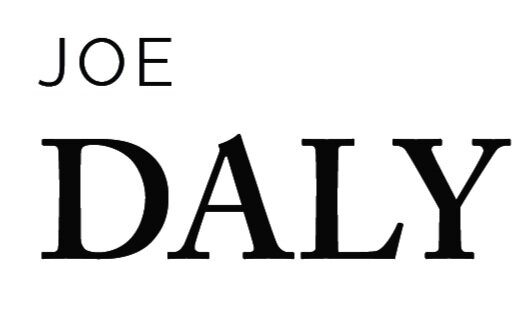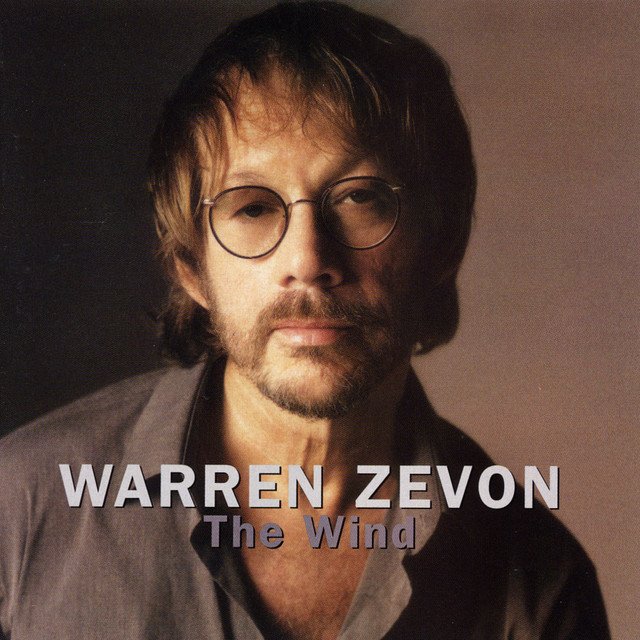Lawyers, Guns and Goodbyes: When Bob Dylan Serenaded Warren Zevon One Final Time
Image credit: Joe Daly, 2024
On a cool October night in 2002 at the Wiltern Theater in Los Angeles, a profound and unforgettable scene unfolded. It was the night where myth and reality collided in a haze of guitar strings and ancient folk hymns as Bob Dylan paid a raw and unfiltered tribute to his dying compatriot, Warren Zevon. More than just a concert; the evening was a fearless, soul-stripping farewell, a requiem blasted out across the charged air of the Wiltern.
The latest leg of his fall tour had kicked off only days before, but on October 16th, Dylan’s setlist took a sharp turn into the haunted territories of Zevon, the dark prince of musical storytelling. Those who track Dylan’s cryptic moves know his penchant for mystery, riddles and sudden swerves. On this night, however, his motives were as transparent as a bleached skull in the desert sun, with Bob Dylan loudly proclaiming his respect and affection for Zevon
In waning days of summer in 2002, Zevon — notoriously phobic over doctors — was slapped with a death sentence in the form of mesothelioma, a brutal verdict that filled the singer with both dread and regret; he hadn’t darkened the doorways of a doctor’s office in twenty years. And so, fresh on the heels of a prognosis of only a few months left to live, Zevon dragged himself to the Wiltern, to see his hero perform, perhaps sensing these were the final vibrations of Dylan’s voice he’d ever catch live. Contemporaries and later casual friends, the two briefly met backstage before the show, in a scene thick with an almost tactile melancholy. Dylan, often the Sphinx without a secret to spare, showed a crack in his veneer, clumsily conveying consolations to Zevon in their hasty but intimate meeting Yet, true to form, Dylan chose to articulate his eulogy not through stumbling words but through the eloquent language of music. As he left for the stage, he looked back at Zevon and said, “I hope you like what you hear,”—words heavy with the gravity of goodbye.
The crowd, oblivious to the emotional earthquake backstage, enjoyed a trio of Dylan standards before he and his band effortlessly slid into Zevon’s Accidentally Like a Martyr. The song, delivered with a haunting fragility, might as well have been a long-lost Dylan original, pulled from the musty recesses of his early-70s tape vaults. Later, the night pulsed with the raw edges of two more Zevon covers: Lawyers, Guns and Money, and Mutineer.
Zevon, in the audience, absorbed every note as a precious gift. His presence was a stark emblem of defiance against the dying of the light, his passion for music undimmed even as his physical form betrayed him. Yet, as the night wore on, the weight of his illness — deep coughing and fatigue — pulled him away before the final chords rang out, leaving a poignant silence in his wake.
Dylan continued to honor Zevon throughout the remainder of that tour, mixing Boom Boom Mancini into the rotation occasionally, each performance a thread in the tapestry of farewell. Of Zevon’s craftsmanship, Dylan once cited Lawyers, Guns and Money and Boom Boom Mancini as shining examples. “Down hard stuff,” he said, before continuing, “Join me in LA’ sort of straddles the line between heartfelt and primeval. His musical patterns are all over the place, probably because he’s classically trained. There might be three separate songs within a Zevon song, but they’re all effortlessly connected. Zevon was a musician’s musician, a tortured one. Desperado Under the Eaves. It’s all in there.”
In the annals of rock lore, this night at the Wiltern stands as an uncommon display of Dylan’s raw humanity, revealing a rarely seen facet of the artist. For Zevon, it was a visceral salute to his legacy, a reminder that his creations would resonate far beyond his own twilight battles and the dimming lights of an ordinary Los Angeles evening. This was no gentle serenade; it was a fierce, howling testament to the enduring power of song and solidarity in the face of oblivion.
In the ensuing months, as his time grew progressively shorter, Zevon resumed writing and recording his final album — a project he launched almost immediately after receiving his terminal diagnosis, Of that storied night at the Wiltern, Zevon reflected, ”There are levels past which things no longer connect, there’s nothing to relate them to; there’s no way to really analyze them. To hear Dylan sing not just one song, but another. It’s a big thrill, but beyond the honor, it’s just so strange, beyond even computing.”
Warren Zevon released his final studio album, The Wind, on August 26, 2003. It would go on to snag five Grammy nominations, winning two Grammy Awards for “Best Contemporary Folk Album,” and for Disorder in the House", a track that he performed with Bruce Springsteen, which won the Grammy for Best Rock Vocal Peformance (Group or Duo. Warren Zevon passed away on September 7, 2003, at the age of 56.



